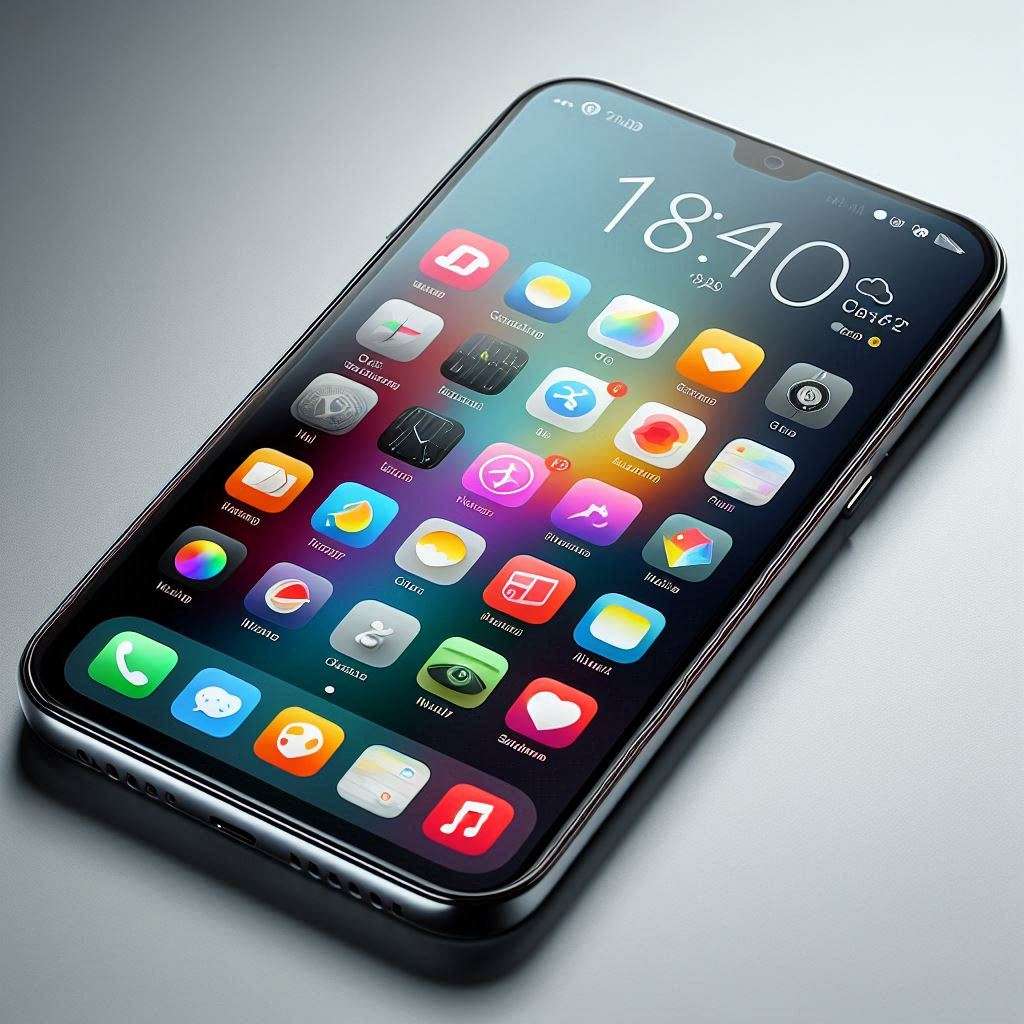
See also: How to use Apple Intelligence on iOS 18 or iOS 16
The decision between iOS 17 and iOS 18 depends on your preferences and priorities. Here are the key differences:
New Features
- iOS 18 introduces advanced AI features such as Smart Assistant, improved Siri functionality, and Focus Filters to enhance productivity. It also offers customization options for home screens and widgets, expanded privacy controls, and improved app-specific features like a redesigned Photos app and RCS messaging in iMessage.
- iOS 17 was more focused on foundational improvements like Live Voicemail, StandBy mode, and enhanced Widgets, laying the groundwork for new functionalities.
Performance
- iOS 18 shows improvements in multitasking, app launch speeds, and resource optimization, contributing to smoother performance overall. However, there have been slight declines in raw benchmark scores for CPU tasks compared to iOS 17.
- Battery Life: iOS 18 maintains similar battery performance to iOS 17 but optimizes energy efficiency for long-term stability.
Usability
- Customization: iOS 18 allows more personalized control of the user interface, dynamic widgets, and improved focus modes tailored to activities.
- Accessibility: iOS 18 enhances voice navigation, color contrast, and text-to-speech options, making it more inclusive.
Should You Upgrade?
- If you prioritize AI features, customization, and smoother multitasking, iOS 18 is a strong choice.
- If you prefer a stable and proven OS without adopting potential early bugs from a new release, sticking with iOS 17 might be more practical for now.
Both versions are well-optimized, but iOS 18 leans toward enhancing personalization and leveraging AI advancements.
